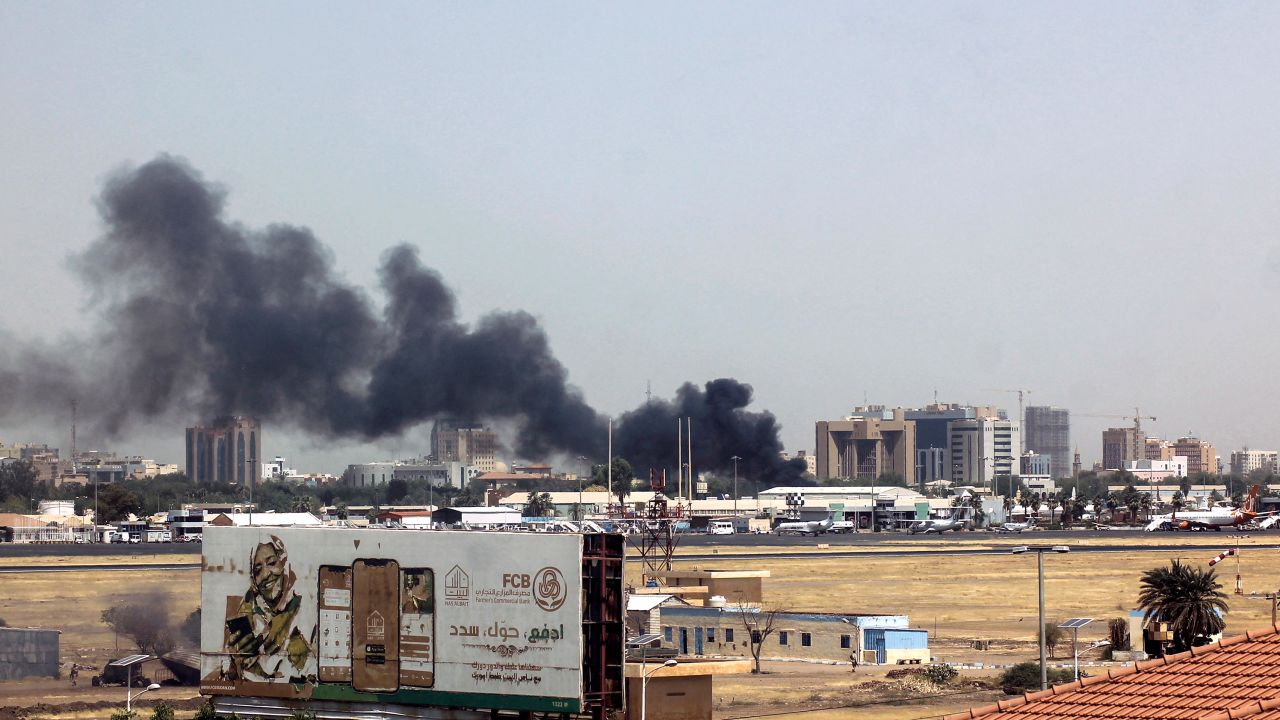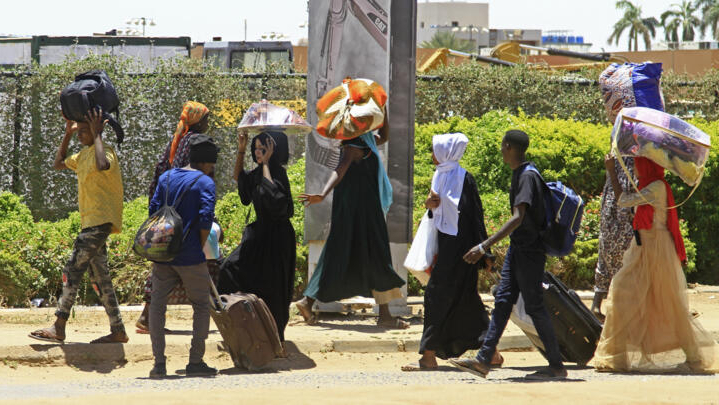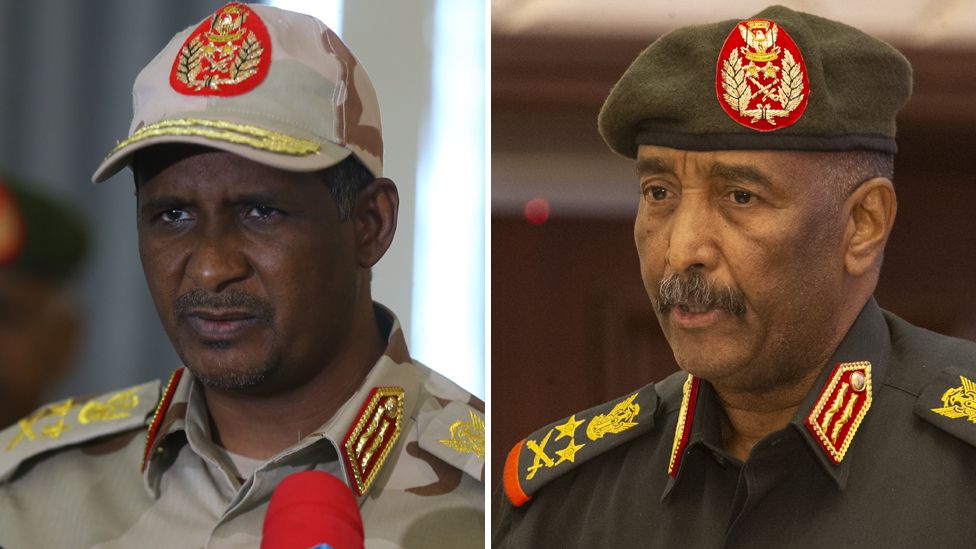Sudanese fighter planes bombed paramilitary positions in Khartoum on Thursday, despite the army and a rival militia agreeing to extend a truce agreement.
The army and the Rapid Support Forces declared a 72-hour extension in the last hours of a three-day ceasefire, slated to expire at midnight (2200 GMT) due to pressure from Saudi Arabia and the United States.
Since April 15, fighting has erupted between Sudan's military, led by General Abdel Fattah al-Burhan, and the paramilitary RSF, led by his deputy-turned-rival, Mohamed Hamdan Daglo. All of them have failed.

Foreign diplomats involved in efforts to stop the fighting applauded the extended ceasefire agreement and encouraged its complete implementation.
Did you read this?
The United Nations, The African Union, Saudi Arabia, the UK, the United Arab Emirates, and the United States of america applauded the two sides' willingness to engage in talks toward achieving a more durable cessation of hostilities and guaranteeing unhindered humanitarian access in a joint statement.
They suggested that this might be followed by a de-escalation plan included in an April 20 peace blueprint.
US Secretary of State Antony Blinken said on Twitter that the US welcomes the Sudanese Armed Forces and Rapid Support Forces' announcement to extend the ceasefire in Sudan for another 72 hours.

According to witnesses, jets flew over the capital's northern suburbs on Thursday while combatants on the ground traded artillery and heavy machine gun fire.
According to health ministry data, at least 512 people have been killed, and 4,193 have been injured in the violence. However, the actual death toll is likely far higher.
The doctors' union say that hospitals have been destroyed, and more than two-thirds are out of service, with at least eight civilians killed in Khartoum alone on Wednesday.
The World Food Program notes that the violence might cause millions to go hungry in a country where around 15 million people – one-third of the population – require assistance.









